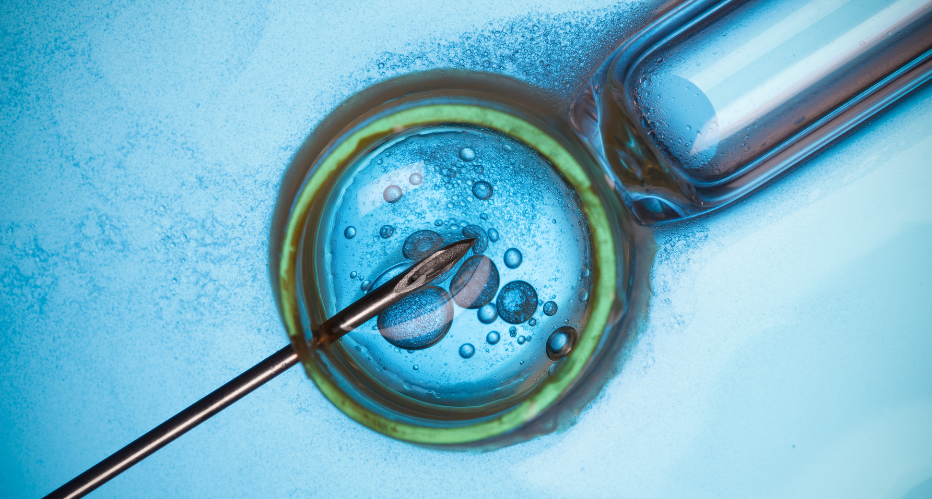What to Expect in a Surrogacy Arrangement
Every surrogacy process needs to include a surrogacy contract. The contract lays out the responsibilities and rights of all the parties to the surrogacy. While the idea of a contract can sometimes be intimidating, it is for the best when everyone knows exactly what to expect!
A surrogacy contract is developed by the Intended Parents in consultation with an ART attorney. The surrogate is given the opportunity to review the contract for as long as necessary, and retains legal counsel of her own that the Intended Parents will usually pay for. The agreement goes forward when both sides sign the contract.
The purpose of the surrogacy contract is to limit disputes and prevent miscommunications. To reach that goal, there are several areas virtually all surrogacy agreements must cover:
Finances
Some surrogate mothers receive direct financial compensation from the Intended Parents. If so, the schedule and amount of payments should be laid out in advance. Special or unusual circumstances, like invasive procedures, multiples, and required bed rest, may all trigger additional compensation.
Risks and Liabilities
Even with the best healthcare, there are medical and emotional risks to surrogacy. The most basic risks are those experienced by the majority of people during pregnancy, including morning sickness, weight gain, and so on, but complex complications can also develop and should be addressed in detail.
Surrogate Health
Under most surrogacy agreements, the Intended Parents agree to pay for any “out of pocket” healthcare expenses directly related to the pregnancy. This may include additional prenatal care that the surrogate would not otherwise seek out, and various services that may not be covered by insurance.
The Intended Parents also have the option of specifying some requirements for the surrogate. For example, the two sides may agree that certain medications need to be adjusted, substituted, or even discontinued for the duration of the pregnancy. Drug, alcohol, and caffeine use are prohibited in most surrogacy agreements. .
Occasionally, Intended Parents have very specific requirements for the surrogate, such as maintaining a plant-based diet. While such requests are not commonplace, most desires can be accommodated when both sides agree. This is one reason why it’s crucial that the surrogacy agreement be very detailed.
Selective Reduction and Termination
No one wants to dwell on the most difficult complications that could arise during surrogacy, but it is a necessary part of the surrogacy contract. Emotionally charged disagreements can easily develop when a pregnancy is endangered. Likewise, in some situations, the pregnancy may pose risks to the surrogate.
In cases like these, even an amicable relationship can break down quickly. It is always for the best for the Parties to come to a mutual understanding early on. This typically means that the Intended Parents will have the opportunity to make these difficult decisions related to the Child rather than the surrogate who will make difficult decisions that directly affect her life or health.
Prenatal Appointments and Birth
The Intended Parents will often have direct access to healthcare records related directly to prenatal care, but this needs to be spelled out in the contract. If desired, the Intended Parents can specify the right to personally attend prenatal appointments. This is not always necessary, but it can give peace of mind.
When surrogacy is being considered, it might seem obvious who the Intended Parents are and who should be present at the birth. Still, it is a wise idea to be exact about this, too. Not only does this help the relationship with the surrogate, but it clarifies expectations for the hospital or midwife.
A surrogacy agreement must be designed from the ground up to accommodate your needs.












